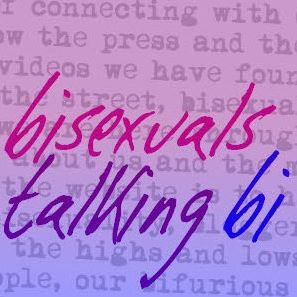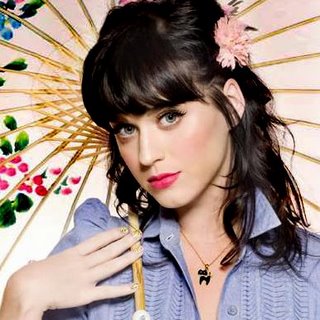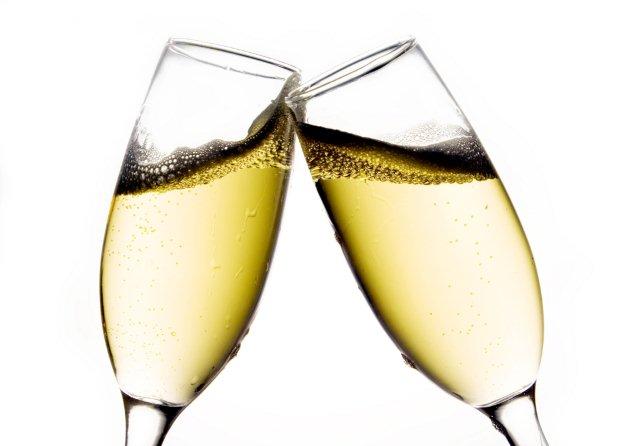Bisexual and over 50 4: Lynnette
Here's the latest in the series of email interviews with bi people over 50. Other potential interviewees always welcome - do get in touch!
Each of the "interviews" is written by the individuals concerned, with the questions in bold coming from me.
Each of the "interviews" is written by the individuals concerned, with the questions in bold coming from me.
*****
My name is Lynnette McFadzen and I live in Portland, Oregon, USA. I am a 57 year-old single white cis-gendered woman with three daughters and four grandchildren. I am single and, at the moment, celibate.
I am disabled but have had many occupations in the past, from nursing to chainsaw chain packaging. The packaging job is where I lost most of my hearing but it really started way before then. After the death of my estranged husband and my mother, I had my biggest breakdown and attempted suicide. That time I sought help. I spent the next 10 years healing and figuring out why my life was so dysfunctional. There was no room for relationships during that time.
How did you come to think of yourself as bisexual?
Last year I had finished my second round of chemo for Hepatitis C that I probably contracted as a nurse in my 20s. Not that it is important where I got it - Hep C is non-discerning. The first round failed so I spent a total of two years in treatment. That's a lot of down time to think.
At the end I felt ready to try dating and my old demons re-emerged. I found women attractive. I always had. My first crush was on Audrey Hepburn and I had a series of “girl crushes” throughout my life. But I truly believed all the lies I had been told about bisexuality.I spent the best part of my life proving to myself I was heterosexual and somehow broken and wrong inside. I know that was a contributing factor to my depression and suicide attempts. I really believed my loved ones would be better off without my evilness. What saved me was realizing I could not leave the legacy of suicide to my children and grandchildren. My father had done that to me.
I had never really acted on my same attractions but once and it was a disaster. But with the help of good friends and family I began to learn bisexuality was not what I thought. I turned to the LGBT community and was met with disdain, coolness or outright hostility. I was shocked and disheartened.
So I searched for a bisexual community and eventually was able to find it online. I made good supportive friends with similar stories and similar struggles with internalized biphobia. Through this I was able to accept that, yes I am bisexual. But it took some searching And the search engines at the time were not much help.
It also spurred me to help others like me who felt lost and alone and confused to find and build their support, and realize they can be proud. And have a community of their own since I am limited physically I decided to learn to podcast. And with friends and volunteers we created The BiCast. A podcast for the bisexual community.
What does being bisexual mean to you?
It means being a complete whole person with no internal shame or feeling of wrongness. Of understanding myself. It means being at peace with me. It has really to do with sex and everything to do with self love. And knowing that just because I am bisexual it doesn't alter my moral compass at all
How has this changed over the years?
I just came out last year. Doing that to myself was the biggest issue. The climate is changing for the general public perception of bisexuality. But the biggest reason I could not accept sooner that I was bisexual was because of what most people believed as I grew up and many still do. That it is a lifestyle choice, that you are shallow, indecisive, hypersexual, liars and all round morally bankrupt. It is changing, but not fast enough for me.
What do other people in your life know about your bisexuality and how do they react?
Everyone knows I'm bi. It's part of being on a podcast about bisexuality. My family and friends are totally supportive. I am blessed with a diverse and loving family and have been fortunate to find amazing people as friends. I am a lucky one. I am in a really safe place.
Looking back over your life so far, is there anything you wish you’d done differently?
I wish sometimes I had come to terms with this at a much earlier age. That I may have dismissed a good relationship as a possibility based on gender. That I had not tortured myself for no reason at all.
I get a bit melancholy but then remember it gives me a better appreciation of the happiness I have now.
What about your hopes or fears for the future (regarding bisexuality)?
Truthfully, I want to see how all bisexuals are treated change, and help others understand they are OK.
Any words of wisdom for younger bi people – or older ones?
For both really. Don't believe what you are told. Find out your own truth. Stay strong.
YOU ARE NOT WRONG. YOU ARE NOT BROKEN. YOU DESERVE RESPECT.YOU ARE A HUMAN BEING. YOU ARE BISEXUAL.
Would you like to help combat bi erasure and increase the visibility of bisexual people over 50? There are plenty of us out there, but far too many people don’t know that.
I am looking for other individuals over 50 who would like to contribute their “email interviews”, as Lynnette has done here. For more about what to do, look at this post.
Thanks.





